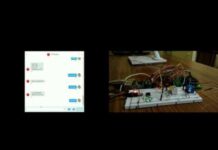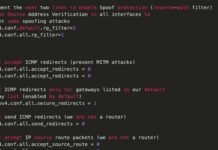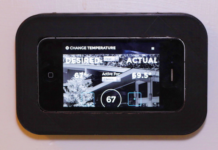Editor’s Note: Our monthly release roundup series showcases the latest in Alexa Skills Kit developer tools and features that can make your skills easier to manage, simpler to deploy, and more engaging for your customers. Build with these new capabilities to enable your Alexa skills to drive brand or revenue objectives.
In this roundup post we share details about the new things released for skill developers last month, including the ability to modify custom skill entities in runtime and several other enhancements that can help make your new or enhance existing skills more engaging. Check out the entire livestream for more information from Alexa evangelists and code samples.
1. Create Alexa Skills for Your Organization in Minutes with Alexa for Business Blueprints
Alexa for Business Blueprints lets Alexa for Business customers create and publish private skills to their organization in minutes without writing a single line of code. Now anyone can choose from dozens of available Blueprint templates, and fill in the blanks to create custom Alexa experiences that remain private to members of their organization. This feature is available in the U.S. Read the launch blog for details and get started with the Business Blueprints web page.
2. Voice-Enable Your Room Booking Service and Reserve Meeting Rooms with Alexa
You can now use the Meetings Skill Type in the Alexa Skills Kit (ASK) to voice-enable your room booking service by leveraging a pre-built voice user interface and set of intents from Alexa for Business. Your users will be able to ask Alexa to find and reserve meeting rooms throughout their office by saying things like “Alexa, find me a room at 2pm for half an hour”, “Alexa, who booked this room?” or “Alexa, book the room for an hour.” The Room Booking API is available in the US. Read the blog post or get started with the technical documentation.
3. Versioning Helps You Iterate Interaction Models Faster and Make Skill Building More Efficient
Developers using the ASK Command Line Interface (CLI) or Skill Manager API (SMAPI) now automatically preserve a version of the interaction model on each successful build. These versions can help you evaluate the performance of different models, roll forward old models, and submit a particular version for certification. Versioning is available in all locales, and you can get started with the technical documentation here.
4. Optimize Experiences for Alexa Auto Vehicles and Devices
You can now detect when your skill is being used from an Alexa Auto vehicle or device and adapt your experience to be contextual. This detection is available globally. Read the blog here, learn automotive design best practices, and get started with the technical documentation.
5. Augment Your Skill Catalogs in Runtime with Dynamic Entities
The new dynamic entities capability allows you upload new slot values at any point within a skill session so you can personalize your skill, providing new context and responses as the conversation progresses. Alexa can also use these newly-loaded slot values to boost speech recognition, natural language understanding, and entity resolution accuracy. The dynamic entities feature is available in all locales. Read more in the technical documentation. See code snippets on the technical blog. Click here to jump to that portion of the livestream.
As always, we can’t wait to see what you build.






































